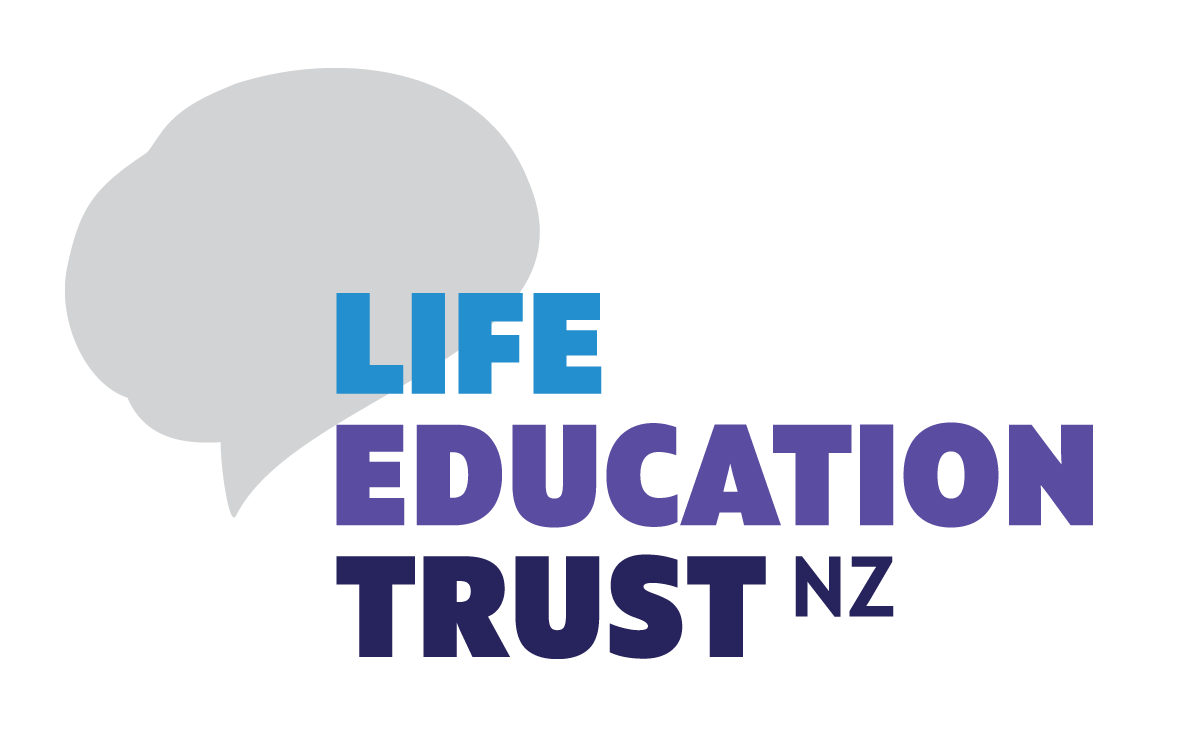Partnering to support children as mental health statistics decline
Life Education Trust NZ and Anxiety NZ have come together to support young people’s mental health and wellbeing to thrive. Launching new initiative Healthy Minds, they aim to empower young people to grow their hauora and meet challenges with resilience.
Chief Executive of Life Education Trust NZ, John O’Connell says, “Research identifies many New Zealand children are struggling with anxiety and challenges to their mental health, and the present uncertainty is adding to the existing challenges. School leaders are reporting that children need support in developing their resilience, preparing them to navigate life’s challenges.”
In recent years, Life Education have seen a steady increase in demand from schools to support children’s mental and emotional wellbeing. Their Health Educators work across primary and intermediate schools providing their Healthy Harold programme to support health curriculum teaching.
Healthy Minds teaching resources have been reviewed by Anxiety NZ’s clinical team of experts, to ensure teaching models and resources fit with best practice in the field.
Chief Executive Officer of Anxiety NZ, Sarah Woollard says, “It’s fantastic to work with Life Education on Healthy Minds, which will impact thousands of children across the country.”
Through the lock down period last year Anxiety NZ saw an increase of 40% to its call centre.
“Children today are seeing global events unfold as they happen with updated streams to phones and other devices, without the ability to process these adult concepts. It’s a far cry from past generations where children were isolated from this information, which was gained by reading newspapers or brief TV news stories once a day,” says O’Connell.
“Resilience is at the heart of wellbeing. Resilient kids can bounce back from challenges and are more curious, brave and adaptable. Every person can grow their resilience. Tamariki have unique abilities and identities, and with the right support, they can thrive. Empowering kids with support and connection is essential to their hauora.”
“It’s important for tamariki to understand the mind-body connection such as how our thoughts and beliefs influence our feelings and actions. Our minds can affect how we think, feel and act - and how healthy our bodies are,” says Woollard.
Health and wellbeing behaviours developed as a child largely shape success in later life, and tamariki are encountering increasing challenges which have significant impacts on their hauora. Factors like increased loneliness, discrimination, harmful environments, social pressures, increased social media, and worries about COVID-19 and the future are just a few of the struggles that impact the mental health of tamariki. (1)
Statistics find that these challenges lead to negative health outcomes:
• 23% of young people report significant symptoms of depression (1)
• New Zealand has the second highest youth suicide rate in the developed world (2)
• One in five children feel ‘really sad or stressed about things most of the time’ (3)
• School leaders report that anxiety is the leading challenge children face, with 86% responding it was an issue for their children (4)
Life Education Trust have been educating children in Aotearoa about health and wellbeing for over 33 years. Today, they are New Zealand’s largest health education provider in schools, used by 86% of primary schools.
1.Youth19 Rangatahi Smart Survey, 2.Unicef Innocenti Report Card 2020, 3.Life Education Child Survey 2018, 4.Life Education Feedback, Research New Zealand 2020, 5.Ministry of Education 2018 National Monitoring Study of Student Achievement Report
